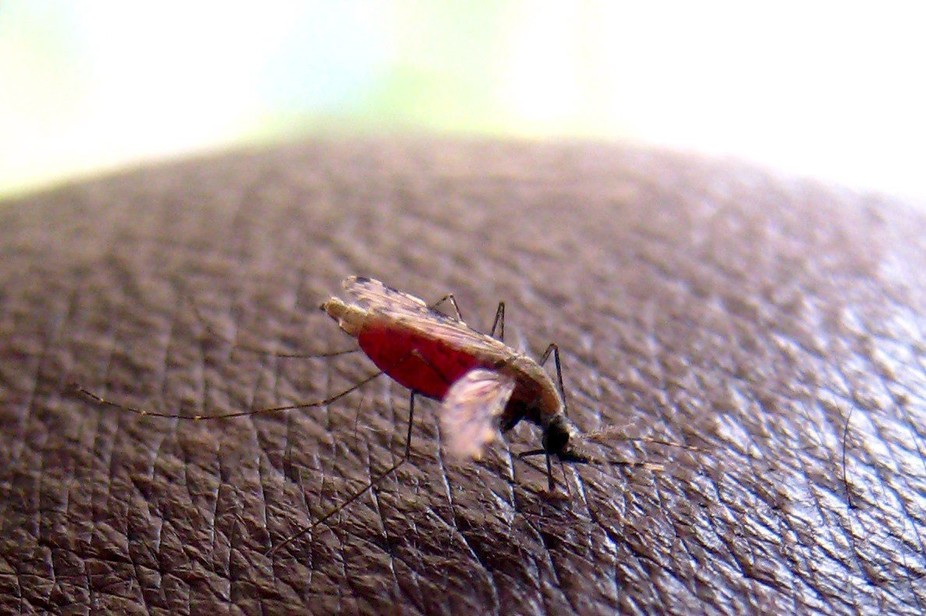
Article in ‘The Conversation’
New insights into the complex link between iron supplements and malaria
Tabitha Mwangi, Pwani University
Children under five years in Africa are at a higher risk of anaemia as well as being exposed to malaria than children in other parts of the world. Most of this anaemia is due to iron deficiency.
But treating children for anaemia by giving them iron supplements is fraught with problems. This is because it can lead to children becoming more susceptible to malaria. This is a controversial contention and studies looking at iron supplementation and malaria risk have produced conflicting results.
But a new study done at the University of North Carolina’s School of Medicine validates observations about the effect of iron supplements on children’s susceptibility to malaria. It found that children with iron deficiency anaemia who were given iron supplements were at increased risk of malaria. But this effect is transient.
There are different causes of anaemia. Iron deficiency anaemia occurs when the body doesn’t have enough iron leading to a decreased number of red blood cells.
Iron supplements, the main treatment regime for iron deficient anaemia, leads to renewed production of red blood cells. Malaria parasites prefer younger red blood cells and so attack them. This increases malaria parasite multiplication and thus the risk of disease.
The results of the research underscore the fact that children should be offered preventative treatment against malaria if they are being given iron supplements.
Iron supplementation trials
These results provide an explanation to findings from a field study by Sunil Sazawal in Pemba Island, Tanzania, involving over 16,000 children. The study compared malaria deaths among children with iron deficiency anaemia who were receiving iron supplements and those who weren’t. The study reported a 15% increase in deaths among those who received supplementation and was stopped early.
A number of studies have looked at iron supplementation and malaria risk. A highly respected Cochrane review published last year by Ami Neuberger and colleagues provided a comprehensive view of the issue after considering over 35 trials that involved 31,955 children. They concluded that in areas where malaria prevention and management are in place, iron supplementation does not affect occurrence of severe malaria disease or death.
Iron supplementation alongside malaria prevention resulted in a 50% drop in clinical malaria.
But in areas with no malaria prevention and management, as in the Sazawal study, iron supplementation may lead to a transient increase in malaria.
Reducing the malaria burden
The latest World Health Organisation data shows that in 2015, there were about 212 million cases of malaria in the world. About 292,000 children under five years of age died from the disease in sub-Saharan Africa.
It’s estimated that in Kenya there are 6.7 million cases of malaria each year and about 4000 deaths.
But there has been progress. Between 2000 and 2015 cases of malaria in Africa dropped by 42% and mortality by 66%. Effective treatments and wider access to treated bed nets are thought to be the main drivers of this reduction.
Better economic growth also plays a part. Wealthier countries are closer to eliminating malaria than poorer countries.
There is no vaccine available although the RTS,S vaccine is close to being licensed. The World Health Organisation expects it to be rolled out in some African countries in 2018.
In the meantime, the race continues for a more efficacious vaccine. Professor Adrian Hill and his team at the University of Oxford are working to improve on RTS,S.
There are likely to be quite a number of vaccine trials in the future and an improved RTS,S is just one of them.
The way forward
There is still a lot of work that is needed from the scientific world to bring malaria to its knees.
Researchers continue to gather data on trends in malaria as well as drug and insecticide resistance. Malaria parasites and mosquitoes adapt quickly to whatever control measures are thrown at them so scientists must be a step ahead.
Scientists continue to conduct research to improve on the insecticides used on bed nets and indoor house spraying. They also have to continue looking for new treatments to ensure that, should resistance to current anti malaria drugs emerge, the world is prepared.
On top of the efforts by scientists there must also be more effort put into awareness campaigns in malaria prone areas. When the RTS,S vaccine is rolled out, parents need to be reminded that the vaccine will not fully protect their children from malaria.
They need to ensure that children continue to sleep under insecticide treated bed nets and that malaria fevers are treated on time. If this is not done, progress in malaria control on the continent may be lost.
And special consideration must be given to the fact that preventative measures are particularly important if iron supplements are being given to children to treat anaemia.
![]()
Tabitha Mwangi, Researcher, Senior Lecturer, Pwani University
This article was originally published on The Conversation. Read the original article.


